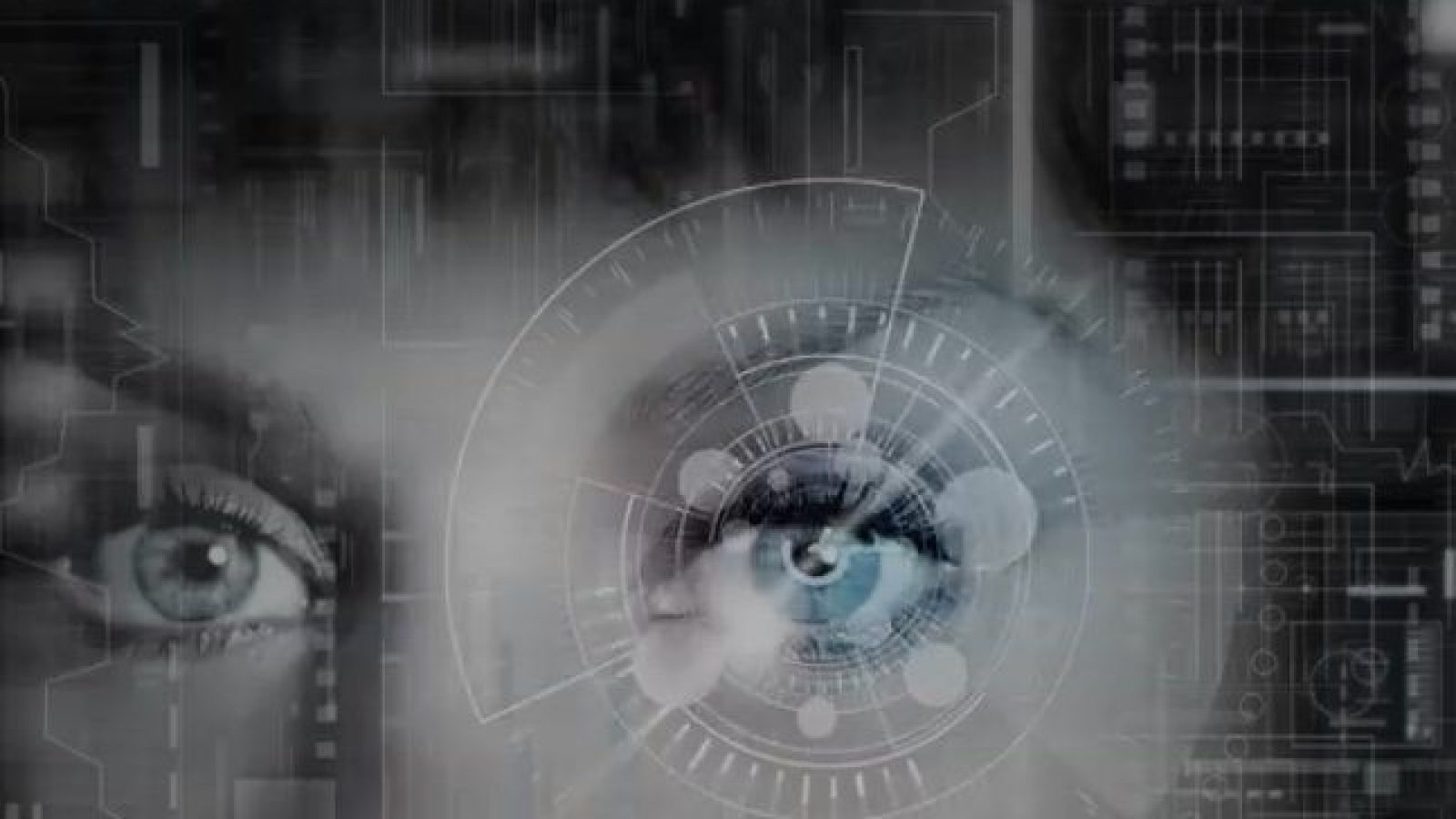Worldcoin, founded by Alex Blania and Sam Altman, wants to create a Universal Basic Income (UBI) for the global population.
However, the company must devise a method of identifying humans to achieve this socialistic goal.
The company’s solution is to create a global digital ID.
Worldcoin calls itself the “world’s largest identity and financial public network, open to everyone regardless of their country, background or economic status.”
According to Worldcoin’s website, World ID is “a privacy-preserving digital identity designed to help solve important, identity-based challenges, including proving an individual’s unique personhood.”
Worldcoin’s goal is to distribute “tokens” to every human on the planet.
A “Worldcoin token (WLD)” is “a token providing utility and giving users a say over the direction of the Worldcoin protocol. WLD is the first token to be globally and freely distributed to people just for being a unique individual,” per Worldcoin’s website.
Worldcoin’s “World App” is an app designed to “enable payment, purchases and transfers globally using digital assets and traditional currencies.”
To achieve this globalist ‘utopia,’ Worldcoin created a physical device called “The Orb” to identify every human.
CoinDesk explains:
To do this, they invented a physical device called “The Orb” that can scan your eyeball. The goal is for The Orb to eventually scan every eyeball of every human who walks the Earth. And at some point, if all goes well, everyone will have access to open-source and decentralized financial tools.
If Worldcoin was the brainchild of some random crypto bro, maybe it could be laughed away as a delusion of grandeur. But the project has real intellectual heft. It was co-founded by Sam Altman, the CEO of OpenAI (creator of ChatGPT), who’s arguably the most central player in the development of AI. Altman suspects that the world will change forever if — or when — AI becomes so advanced that it achieves AGI, or Artificial General Intelligence, meaning it truly surpasses the abilities of humans.
When asked how Worldcoin works, Blania said:
“So when you sign up as a user, right now, you basically download an app that’s called World App, which is a non-custodial wallet. You download the app. You show up in front of a physical device, and that physical device basically issues you your World ID, which is a kind of a digital identity that you can use to anonymously verify the different services.”
“And people, of course, are worried about what The Orb means for surveillance and privacy. How do you respond to these concerns?” CoinDesk asked.
Blania replied:
So my high-level response is that something like World ID will eventually exist, meaning that you will need to verify [that you are human] on the internet, whether you like it or not. I think that’s certainly going to happen with the progress in AI. It’s probably going to happen in the next couple of years.
And Worldcoin, I think, is the only path that we currently have that can get to that level of being accepted by the powerful players, and still be completely privacy-preserving and not rely on government infrastructure. And it’s all open source — all of those things that crypto theoretically loves.
Cont. from CoinDesk:
Why is proving identity so central to all of this?
The problem is very simple. The problem is you need to make sure that every human being can get a unique identity that’s completely privacy-preserving. That’s the task. And government identities simply do not work for that, because they might work well in the United States, they might work well in Europe, but much of the world does not have an actual verifiable digital identity.
Right, and that brings us to The Orb. You mentioned that a user needs to show up, in person, at a physical device, for an eyeball scan. Why is this necessary?
At first, we really did not want to solve identity, because the idea itself was so ambitious. But we realized that there’s just no way around it. So when we think of proving identity, there are three big concepts, in terms of how you do it: You have a web of trust, you have of course government KYC [such as passports], and then you can use all kinds of different biometrics.
And we built prototypes for all three of these areas. That’s what we did the first year.
You guys went with biometric. Why?
Many of the systems that are live today will get quite challenged in a world of [improving AI]. It’s going to be very easy to fake things on the internet. Asking someone to do certain tasks, like CAPTCHA, or a more complicated form of CAPTCHA, will eventually break. You fundamentally need to bridge to the physical world, and measure what it means to be a human. And that’s why The Orb.
Worldcoin claims to have 1.8 million signups.
Their ultimate goal is 8 billion.
Read more at CoinDesk.



Join the conversation!
Please share your thoughts about this article below. We value your opinions, and would love to see you add to the discussion!